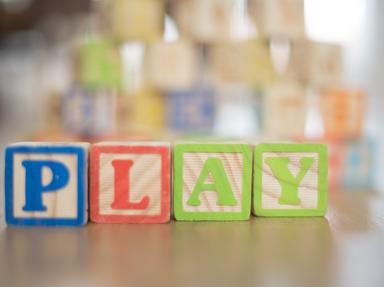Quiz Answer Key and Fun Facts
1. I heard that [its / it's] going to be an amazing day today!
2. The children had holes in [they're / their / there] socks.
3. There are more than [eight / ate] different categories and subcategories on this website.
4. I looked out of the window and saw a beautiful [cite / site / sight].
5. I can't believe that [your / you're] going on holiday next week!
6. There are lots of [reeds / reads] in the dirty water.
7. I can [where / wear / were] spotty shoes for Children in Need day.
8. My three favourite colours are all shades of [blue / blew]: cyan, navy and aquamarine.
9. When I next go to the shop, I am going to [bye / by / buy] lots and lots of toys.
10. When the weather is bad in winter, it can really [effect / affect] my mood.
Source: Author
timydamonkey
This quiz was reviewed by FunTrivia editor
looney_tunes before going online.
Any errors found in FunTrivia content are routinely corrected through our feedback system.
